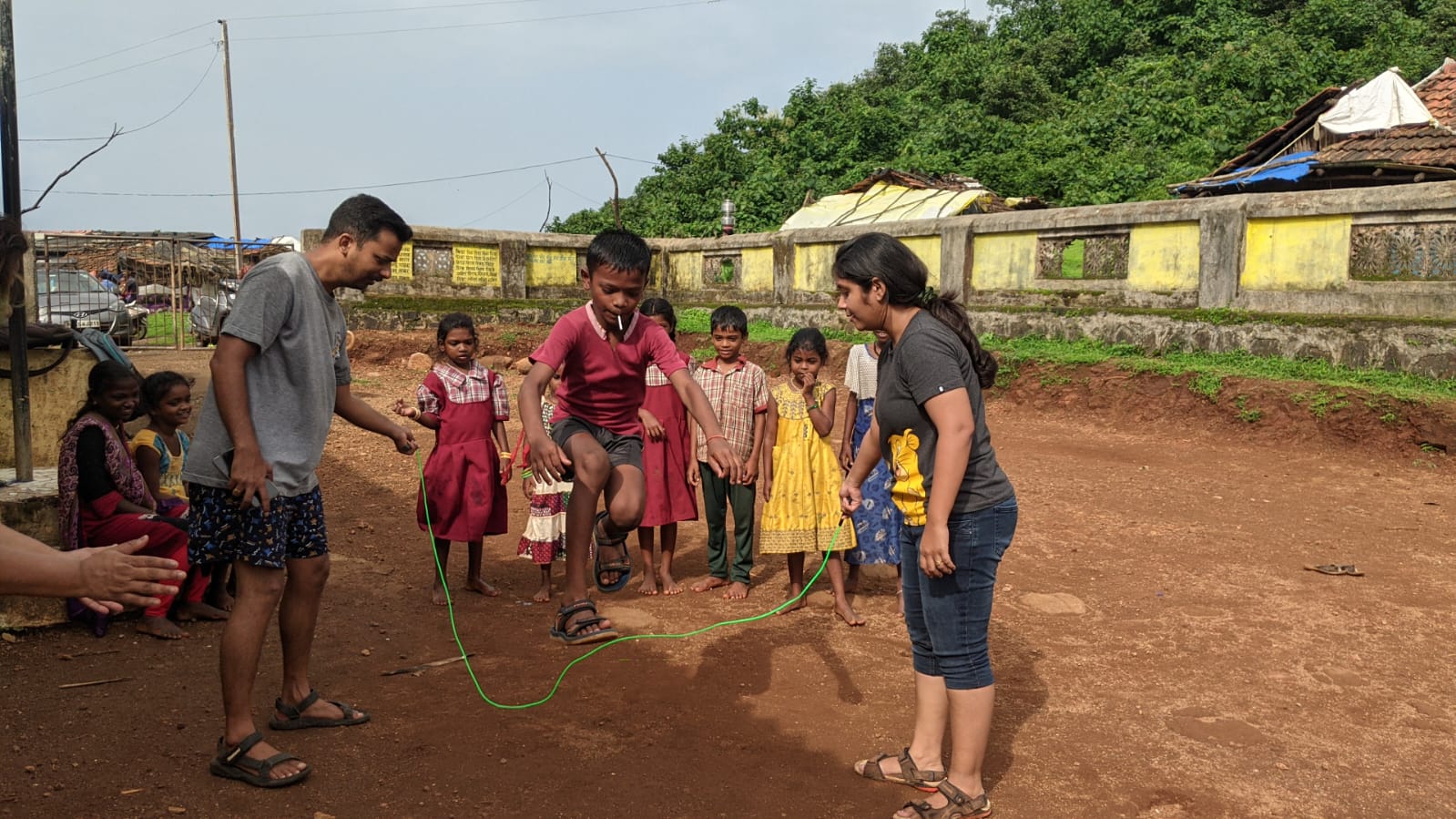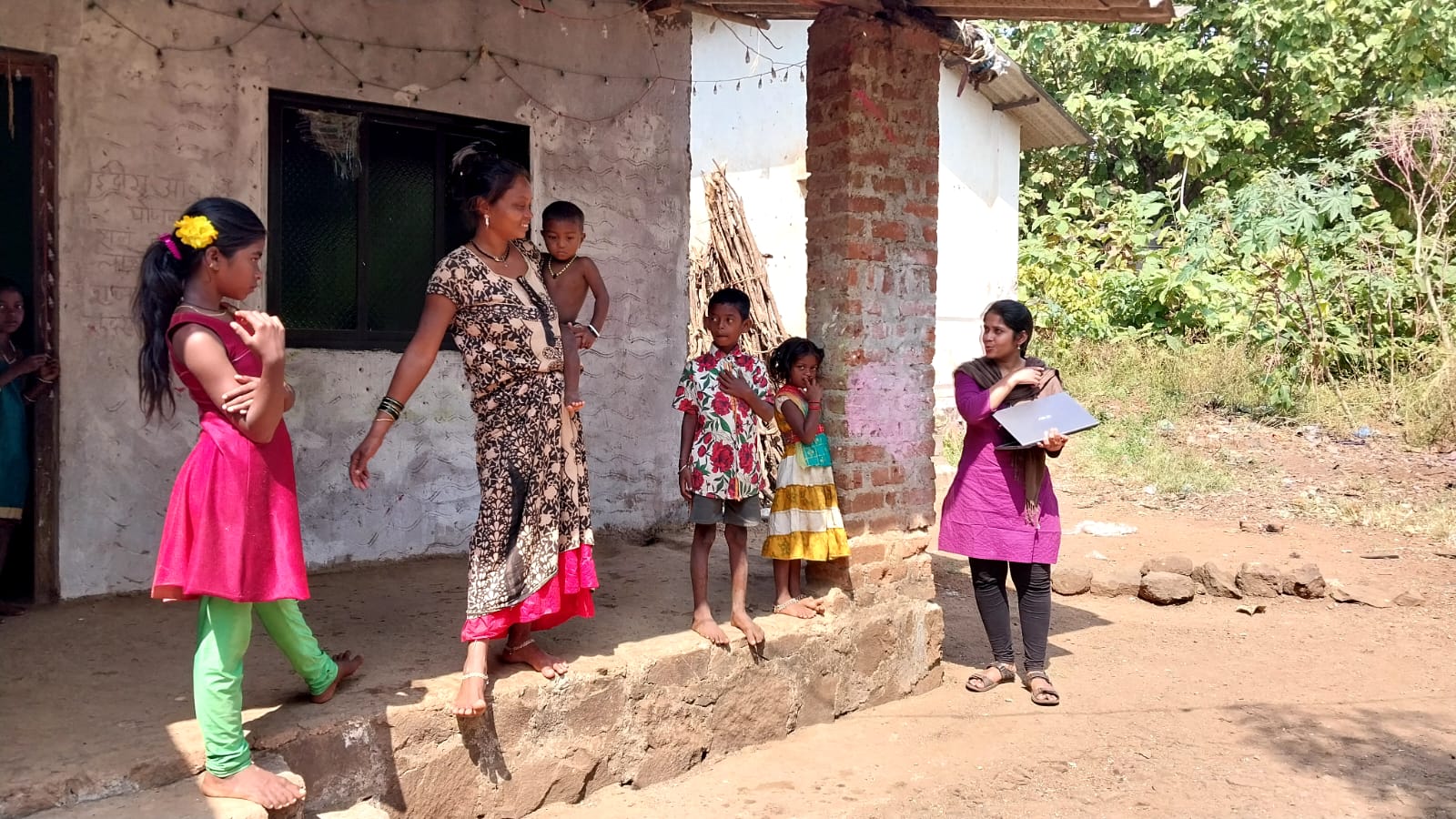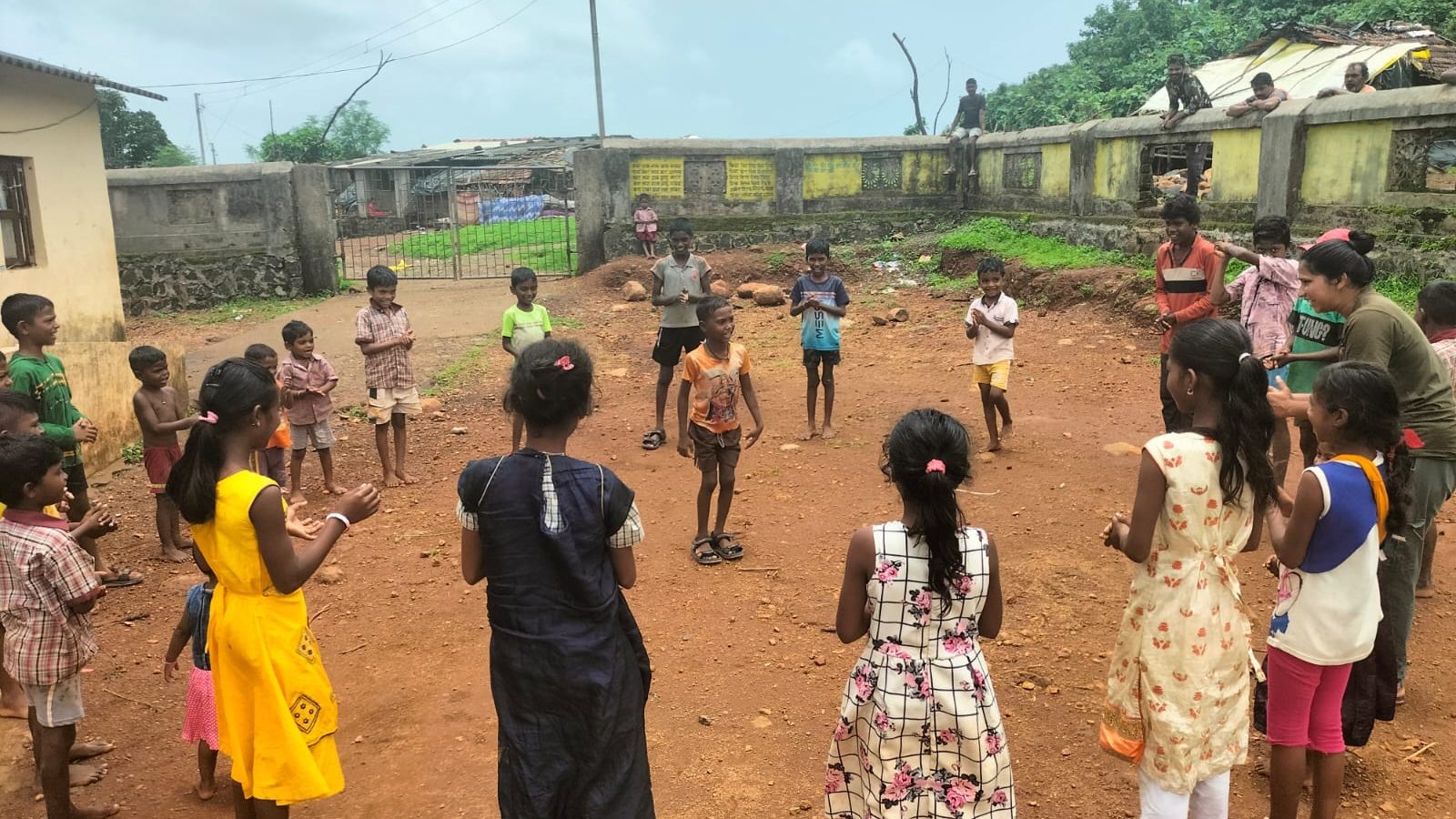Tribal communities are crucial for the preservation and sustainable management of natural places. They have a deep understanding of their local ecosystems; their traditional lifestyles are more sustainable and have a lower ecological footprint compared to modern societies. They are often custodians and guardians of indigenous natural flora and fauna.
However, today, tribal communities are facing various challenges that contribute to the loss of their traditional knowledge. The increasing influence of modern lifestyles and cultures is altering their value systems and priorities within tribal communities. Limited access to formal education is hindering the transmission of traditional knowledge to younger generations. Most importantly, tribal communities that are exposed to modern areas are facing economic pressure, resulting in a shift away from traditional livelihoods, affecting the transmission of related knowledge.
Green Works Trust (GWT) has been closely associated with the Phansad Wildlife Sanctuary for years & has witnessed these challenges. During Nisarg Cyclone Relief Work, a socially trustworthy bond was formed between GWT and the Katkari tribe residing on the periphery of Phansad Wildlife Sanctuary. GWT conducted a socio-economic survey and designed a program to make these communities self-sustainable and free from external exploitation. That leads us to set up a sustainable livelihood program that could evolve through generations and reduce the necessity of migration.
Sustaining livelihood programs requires basic formal education. This helps increase literacy rate, opens up various employment opportunities, exposes individuals to broader perspectives, builds confidence and improves communication skills. Though every Indian citizen has a right to education, in tribal communities, basic education is hardly ever seen as a duty. Children often leave school after 7th std. due to various reasons. Like, formal education systems are not always culturally sensitive and accommodate linguistic diversity. The curriculum and teaching methods do not align with the cultural context of tribal communities making it difficult for students to relate.
Hence, GWT is conducting experiential learning programs in the tribal region. This includes outdoor and nature-based learning. Our team teaches various aspects in a fun-learn way which develops curiosity and increases children’s involvement. Applying various innovative teaching methods, and experimenting with arts and crafts has boosted their confidence. Children always have their own opinions but are often scared to express them rightfully. Our learning programs are helping them express their thoughts and feelings firmly and collectively create something beautiful of their own.
Our vision is to set up a residential school specially designed for tribal children and generate sustainable livelihood opportunities on hamlets that would benefit both the community and the forest. Achieving this goal would take decades but working step by step and checking milestones is a promising journey towards sustainability.
We are thankful to SICK India PVT LTD for their continued and generous support of this initiative. This would have not been possible without their trust and partnership.
If you are interested in volunteering, feel free to reach out. Every kind of contribution is valuable to us and the community.




